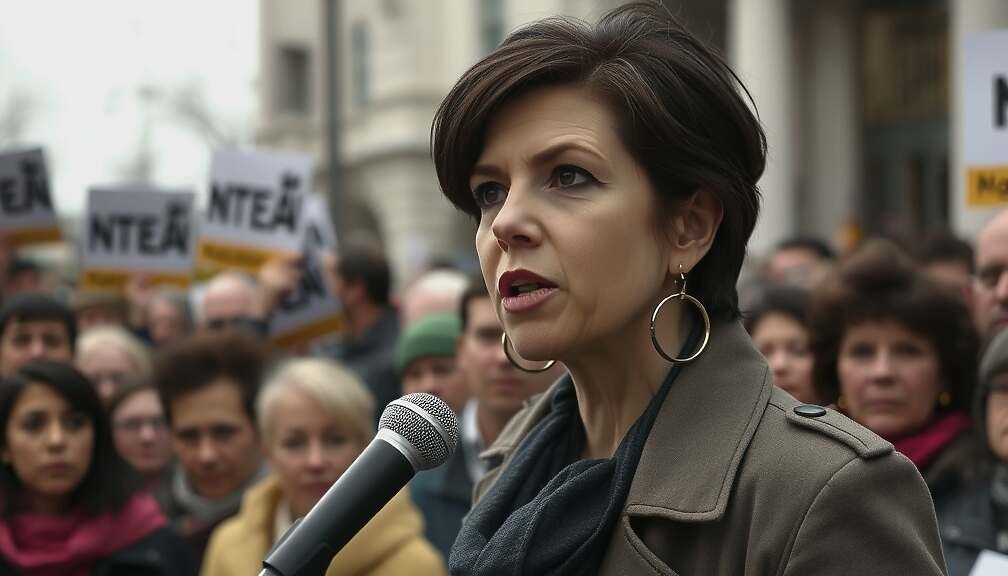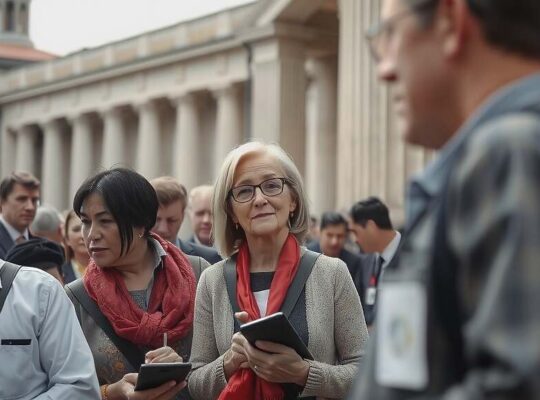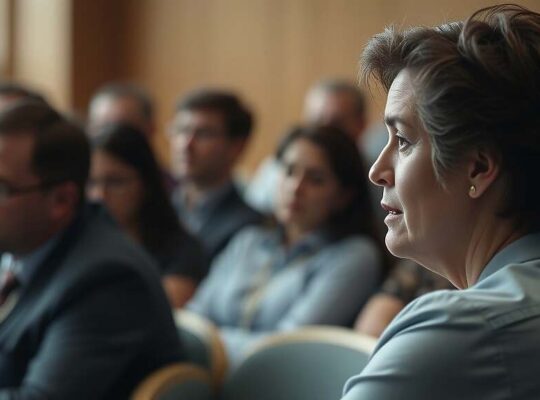The German government’s decision to delay a potential ban on social media access for individuals under 16, pending a report from an expert commission in a year’s time, is facing fierce criticism, particularly from the driving force behind a widely supported petition advocating for such a restriction. Jeannette Deckers, initiator of the “Social Media ab 16” petition, argues the delay represents a perilous inaction, allowing vulnerable children to remain exposed to online dangers.
Deckers’ petition, now boasting over 155,000 signatures, directly challenges the approach championed by Federal Minister for Family Affairs, Karin Prien. Deckers contends that while the government postures as cautiously considering the issue, other nations, such as Australia, are proactively addressing the acknowledged risks associated with unregulated social media access for minors. The year-long wait, she emphasizes, constitutes an unacceptable period during which children remain unprotected.
The core of the dispute centers on the argument frequently raised by organizations like the German Children’s Aid Foundation, which cite the right to digital participation as a barrier to a social media ban. Deckers refutes this argument with a sharp rebuke, asserting that digital participation does not inherently encompass the right to access pornography, cyber grooming, violent content, or extremist ideologies – realities she claims are commonplace on devices used by children. She proposes alternative avenues for digital inclusion, such as age-appropriate online libraries and children’s news websites, without the inherent risks associated with mainstream social media platforms.
Deckers further highlights the conflict with fundamental rights enshrined in the UN Convention on the Rights of the Child. She asserts that the rights to data protection, privacy and protection from violence and exploitation – all routinely violated within the social media landscape – are being disregarded.
The opposition to a ban isn’t solely confined to organizations. Prominent figures such as Markus Söder, leader of the CSU party, have also voiced reservations. This growing chorus of dissent underscores the politically sensitive nature of the issue and raises questions about the government’s commitment to prioritizing child protection over potential limitations on digital freedoms, even as the evidence continues to mount regarding the potential harms associated with unsupervised access to social media for young users.












